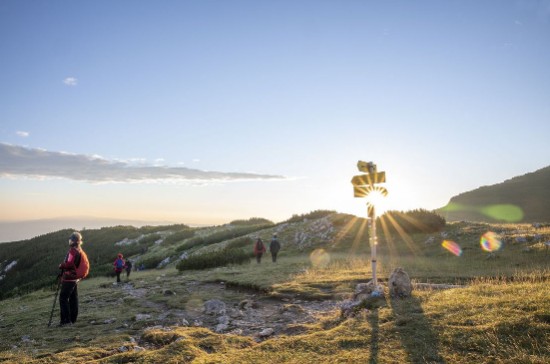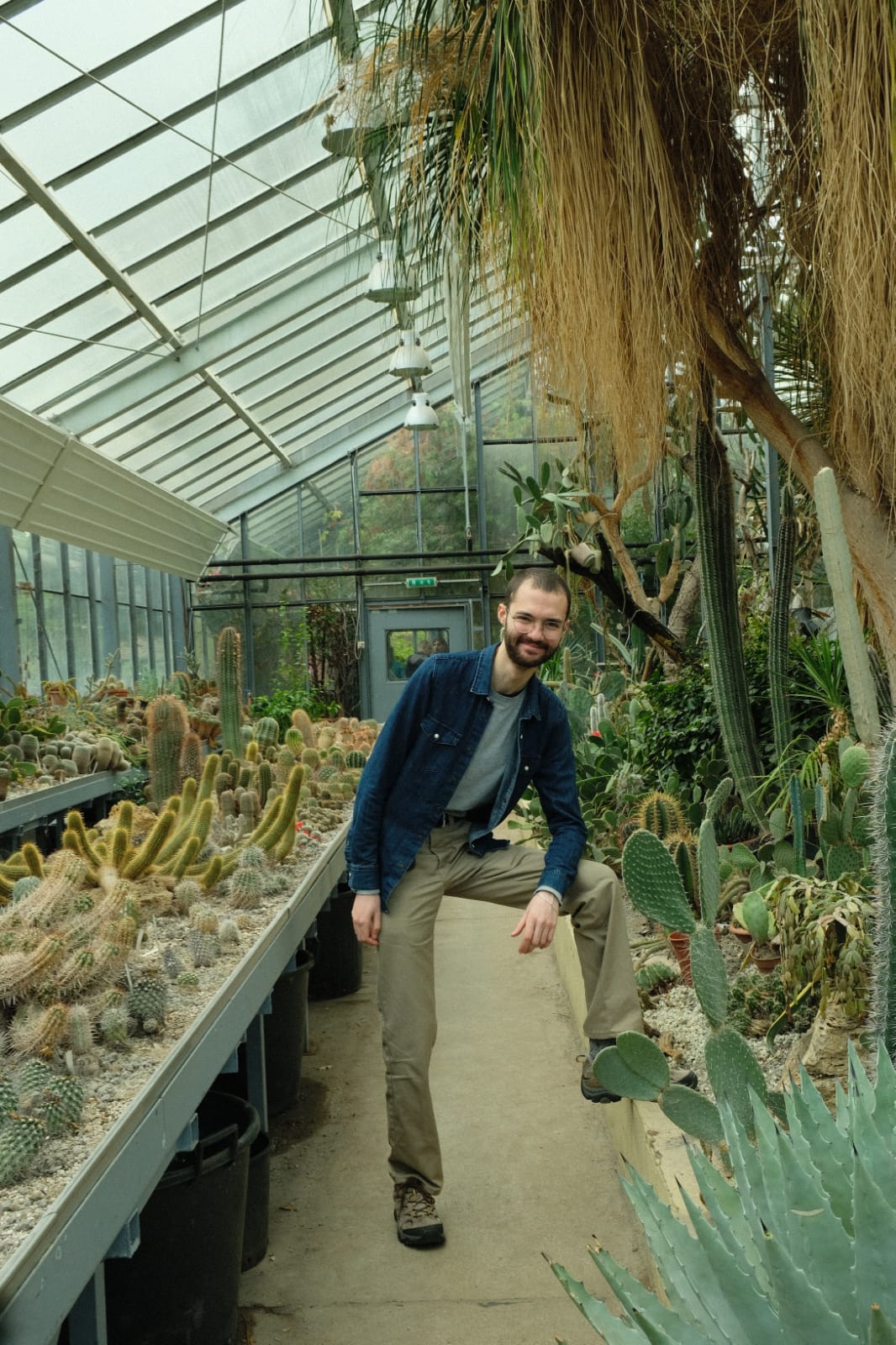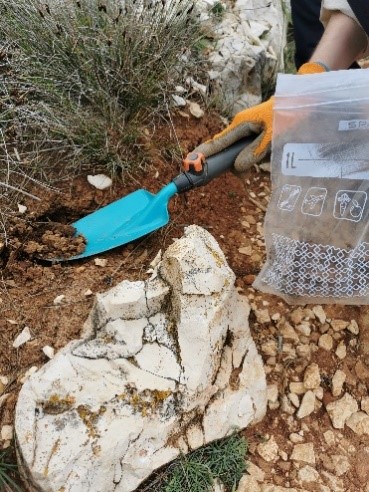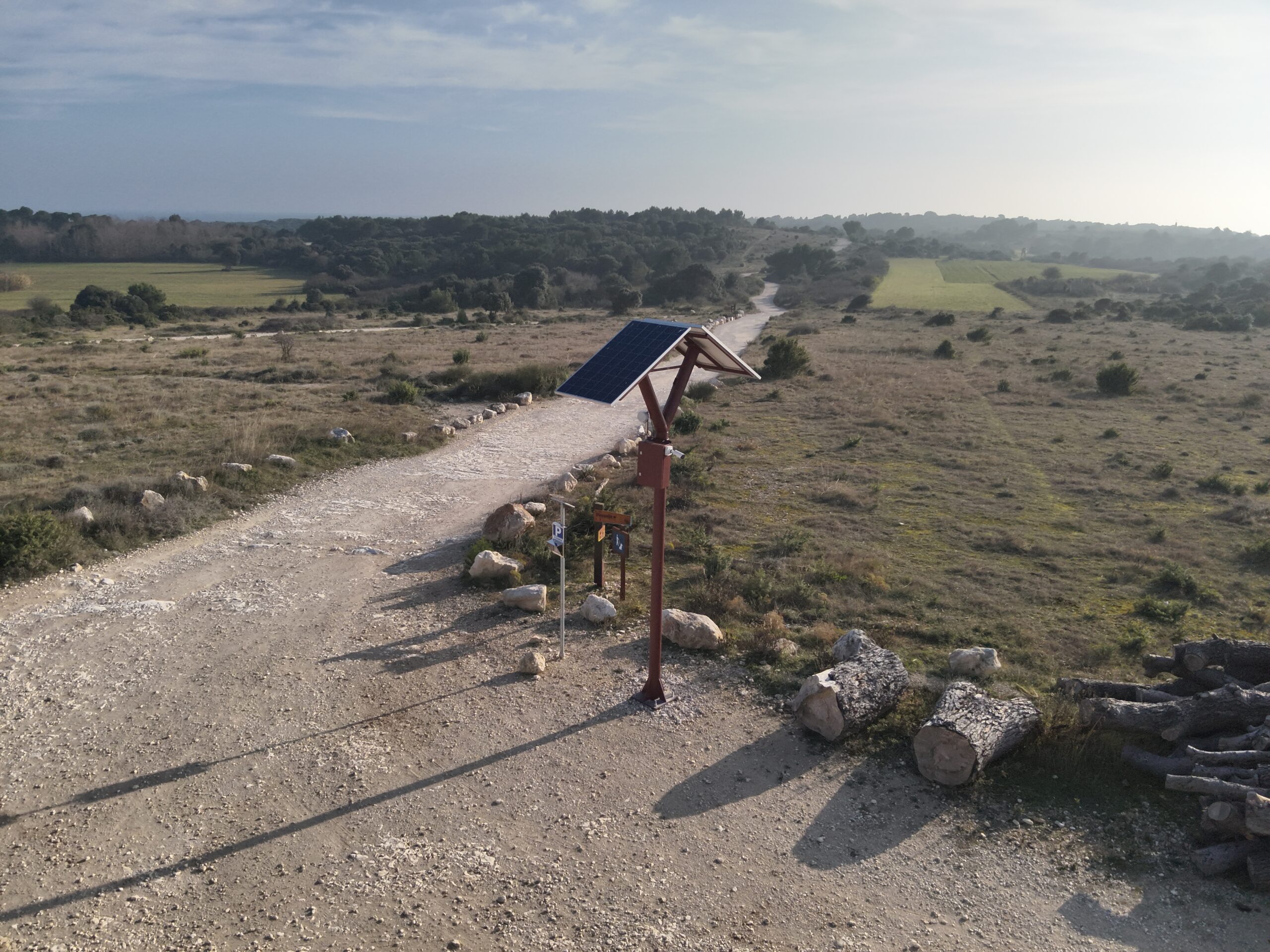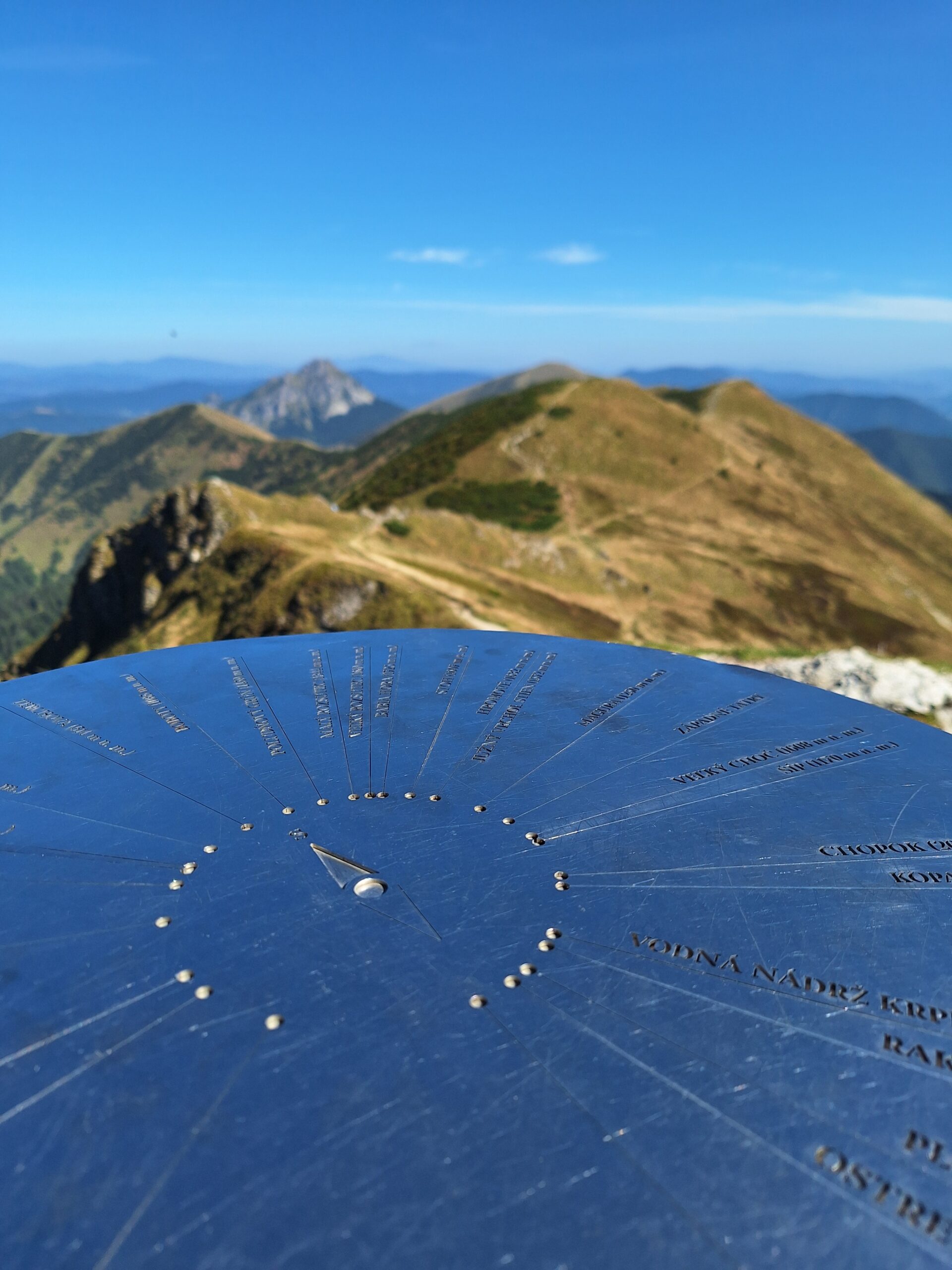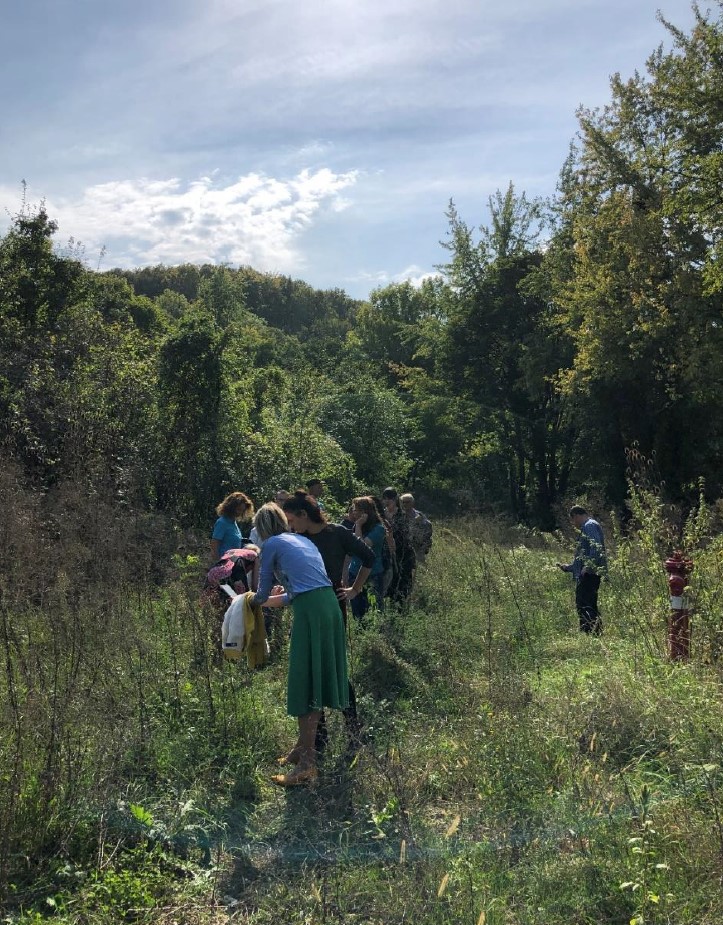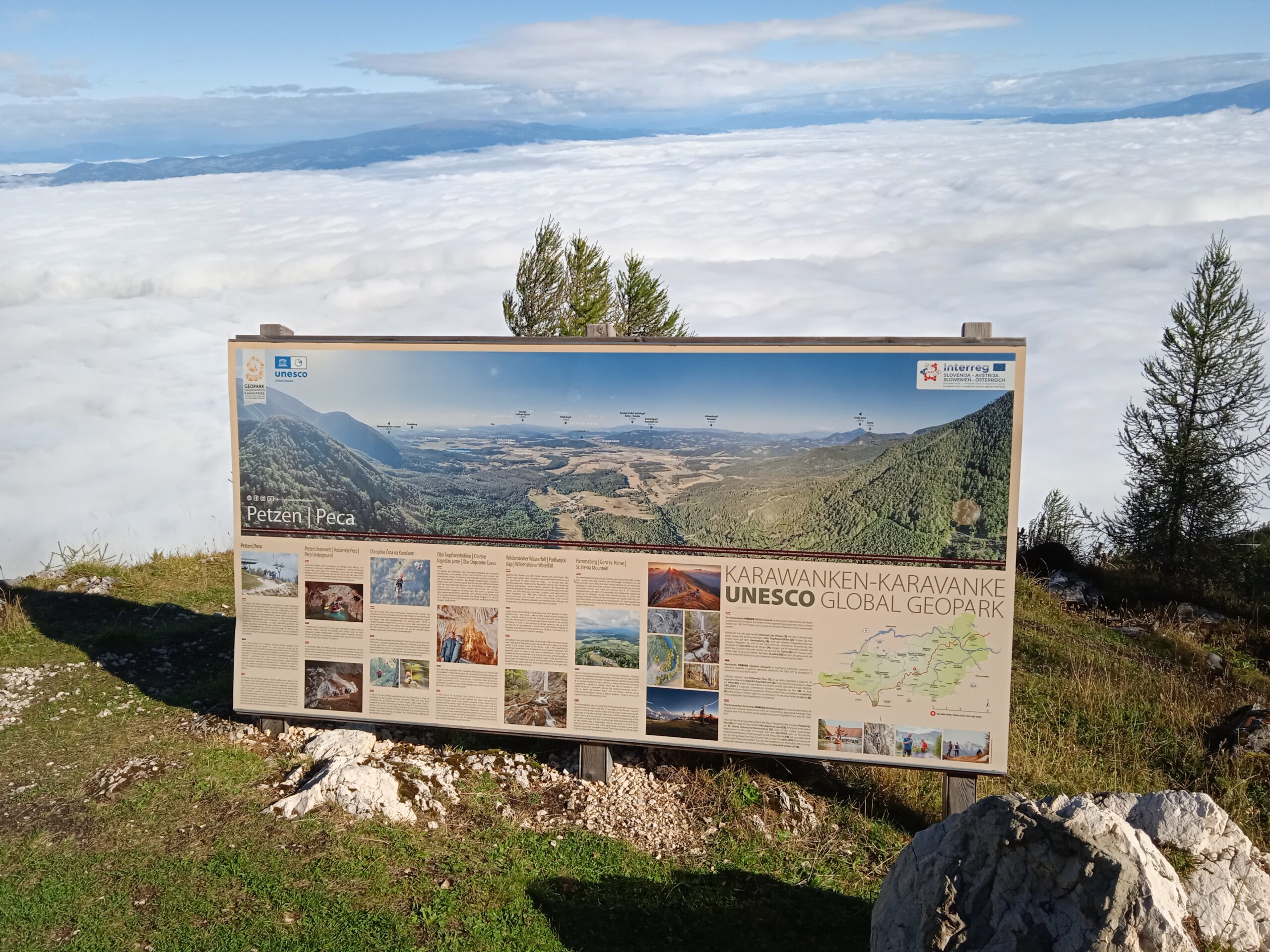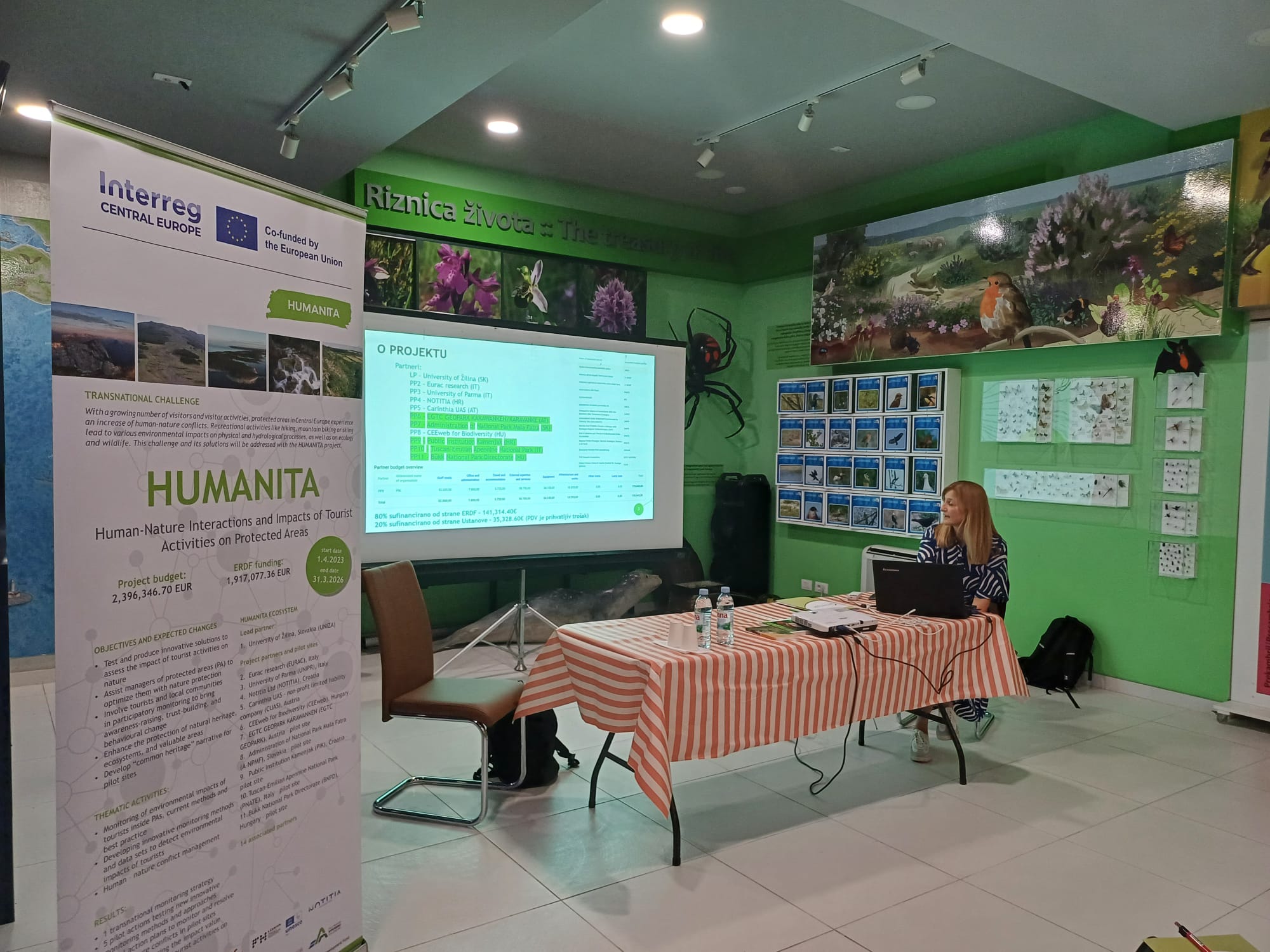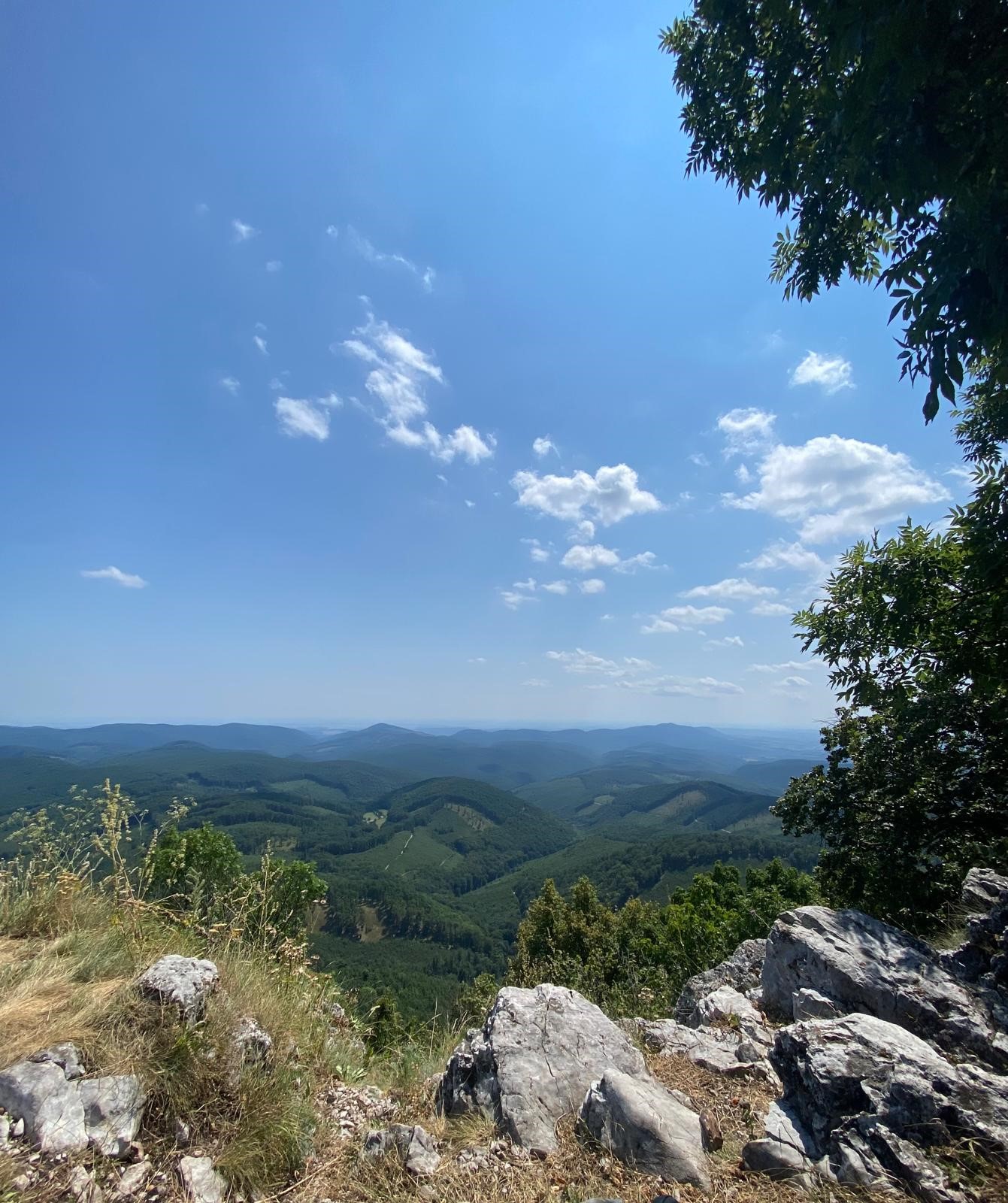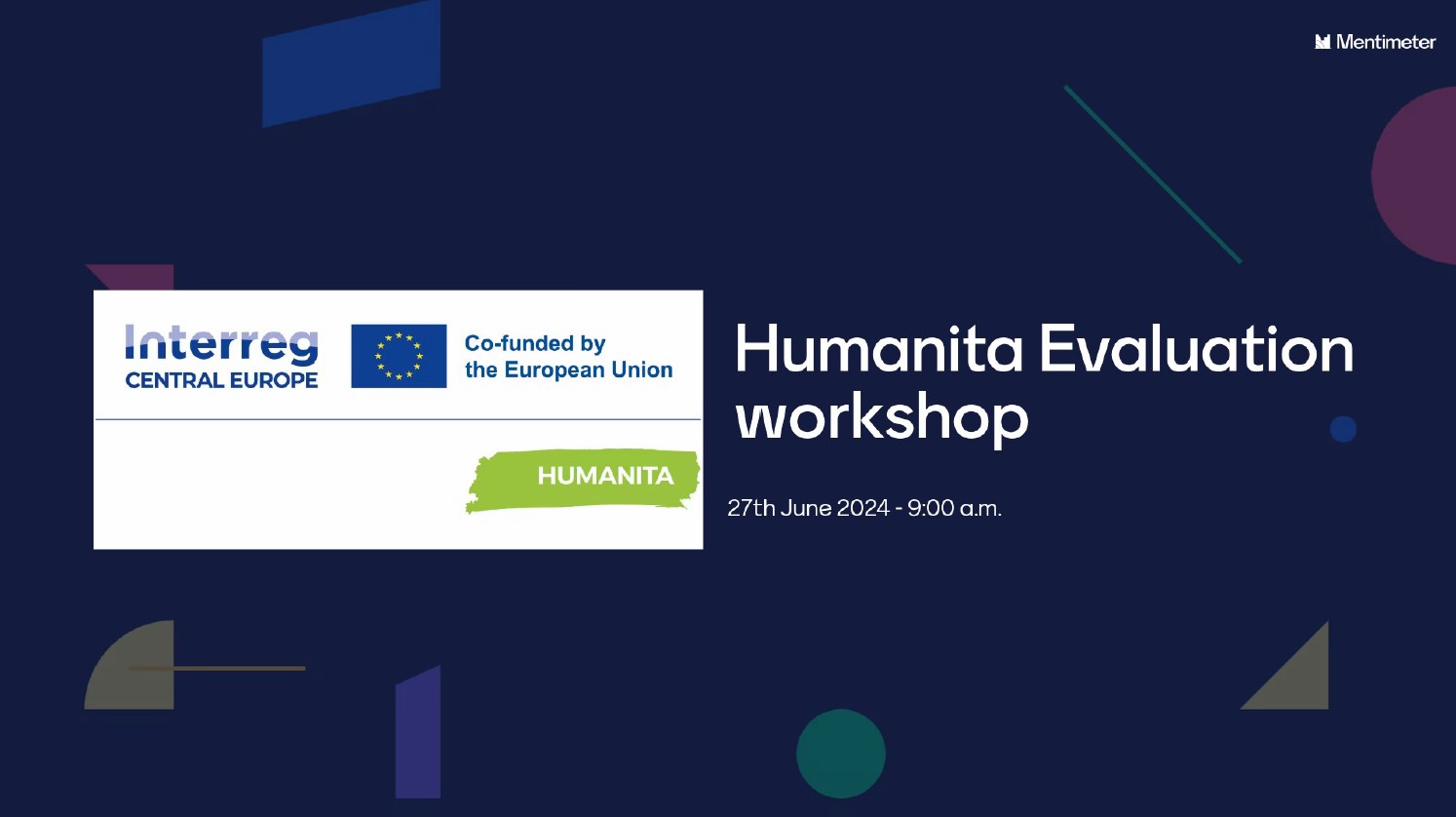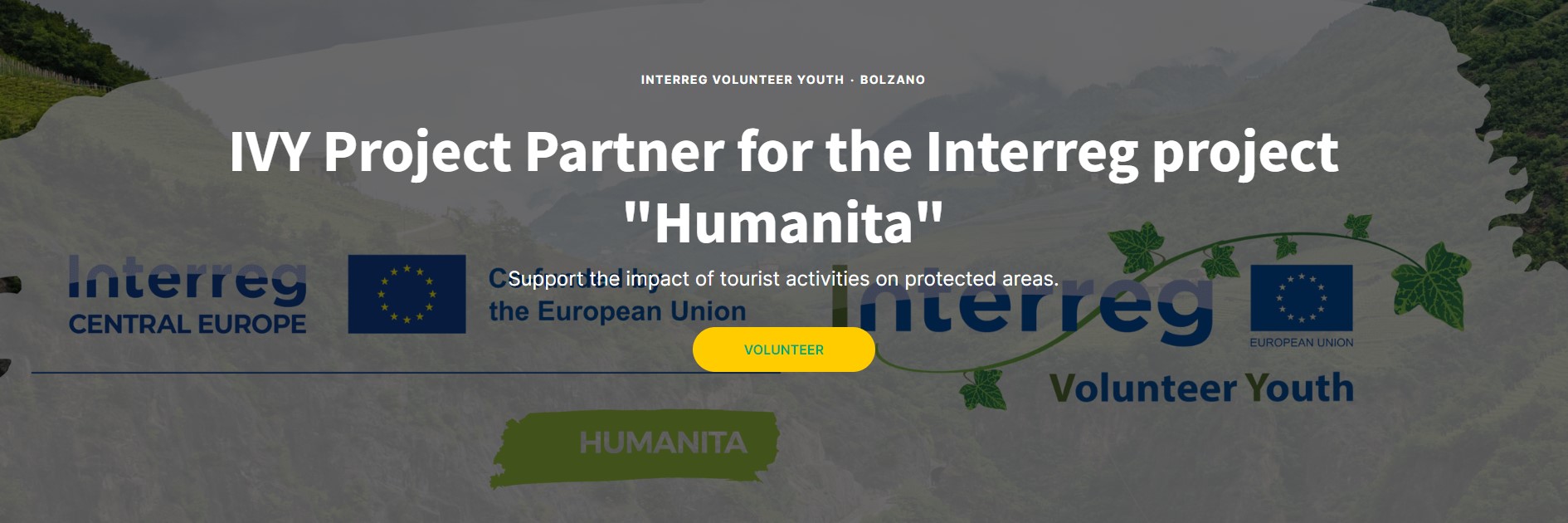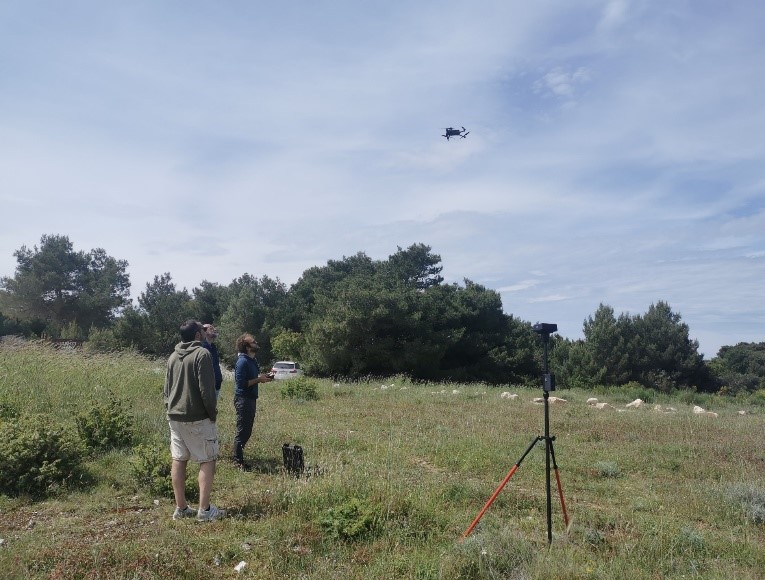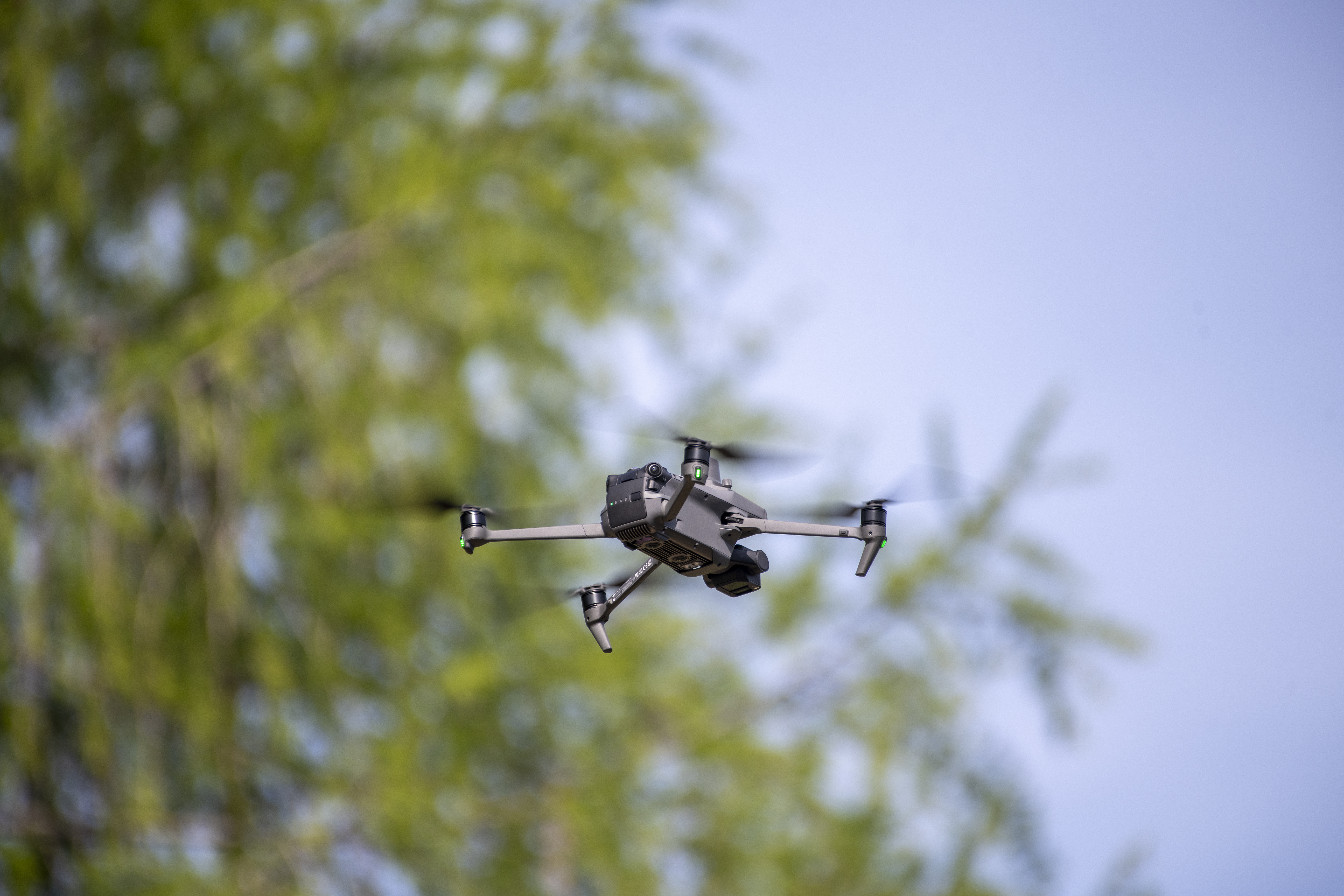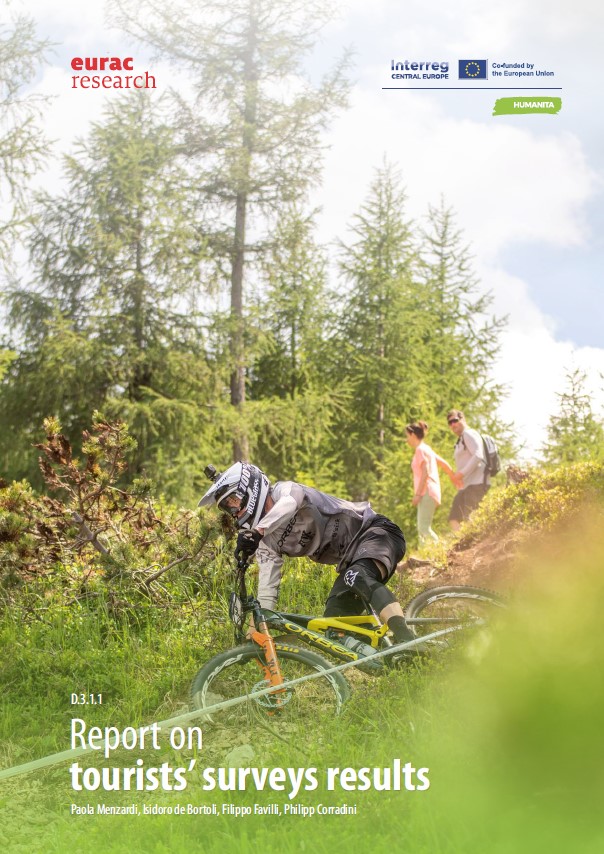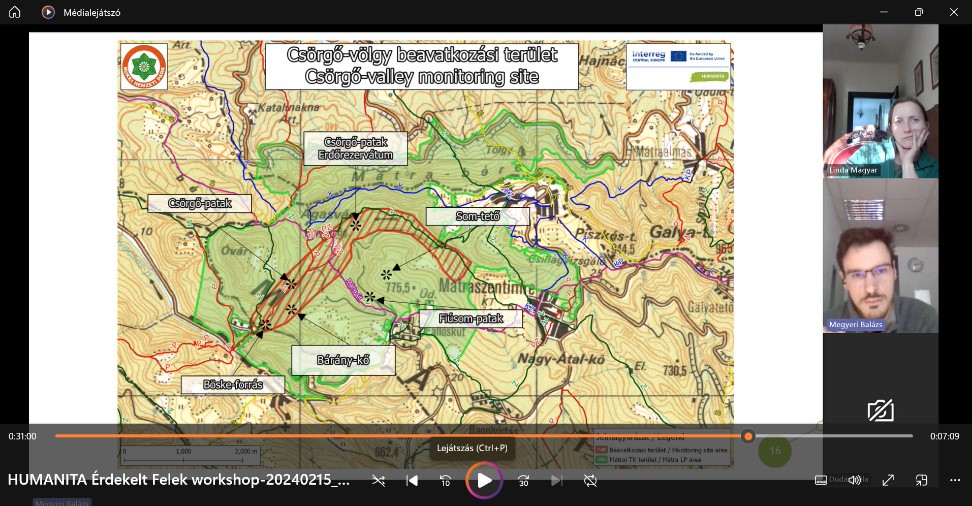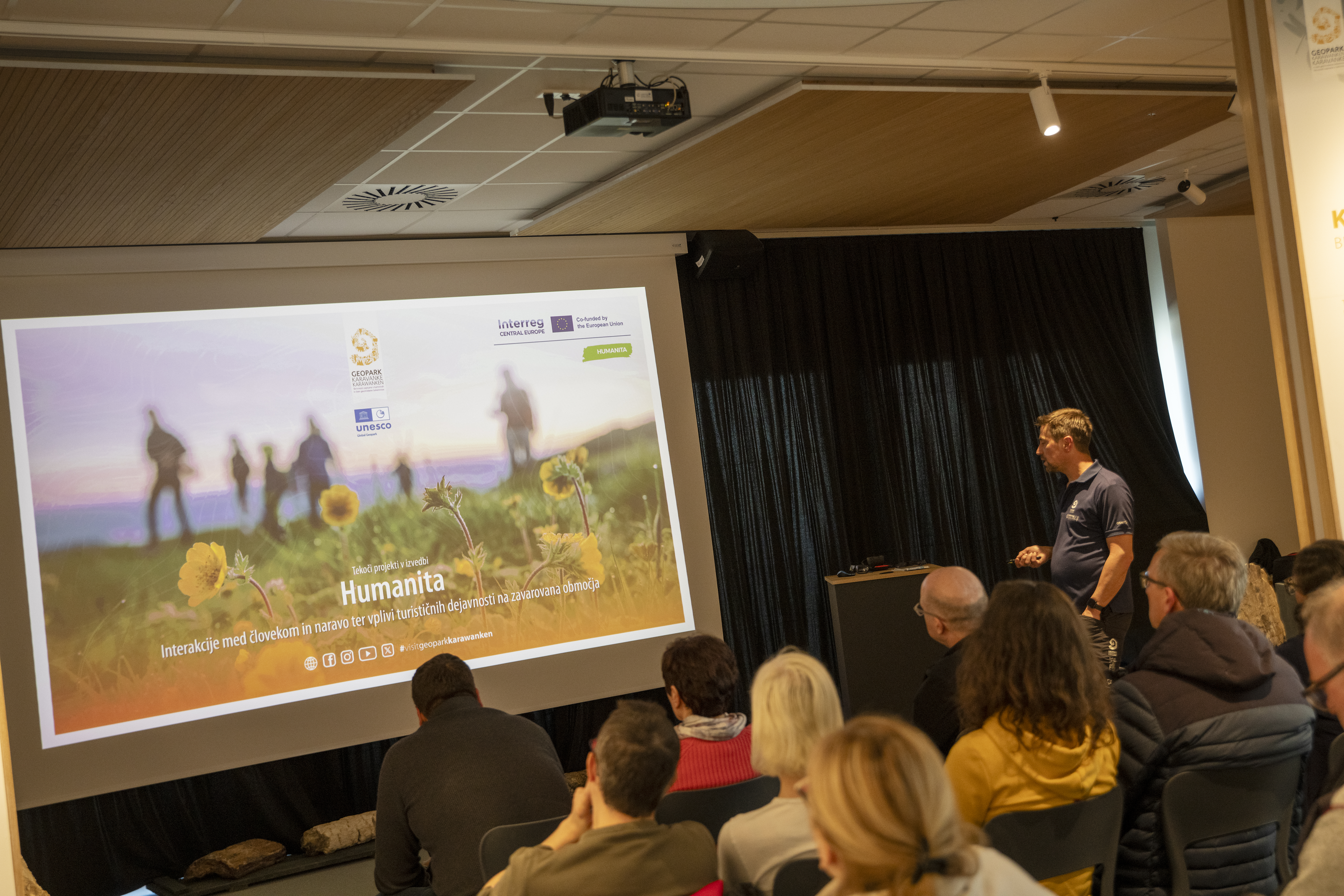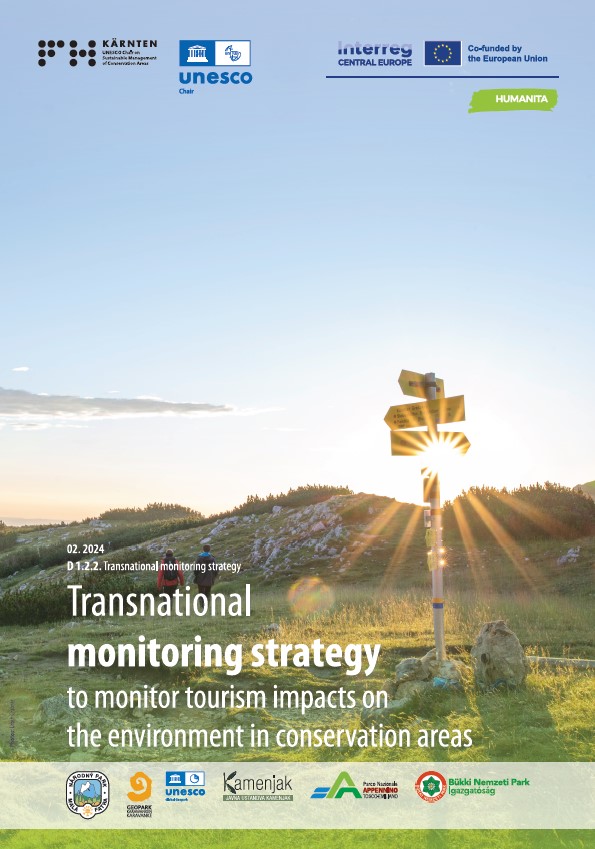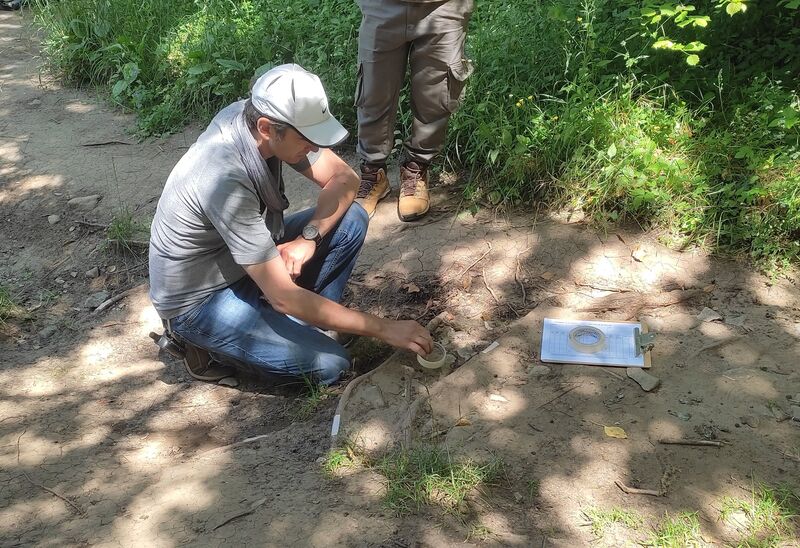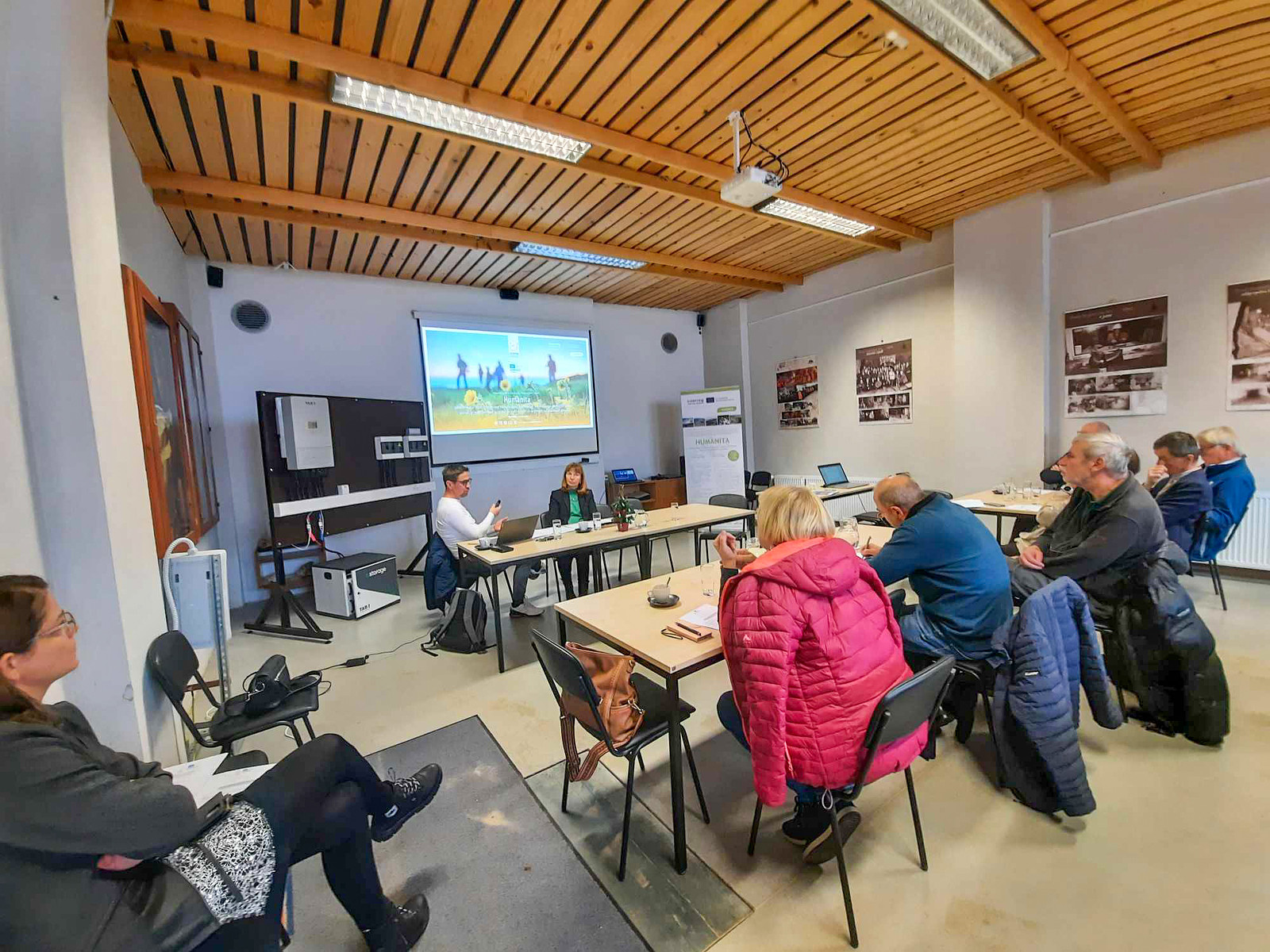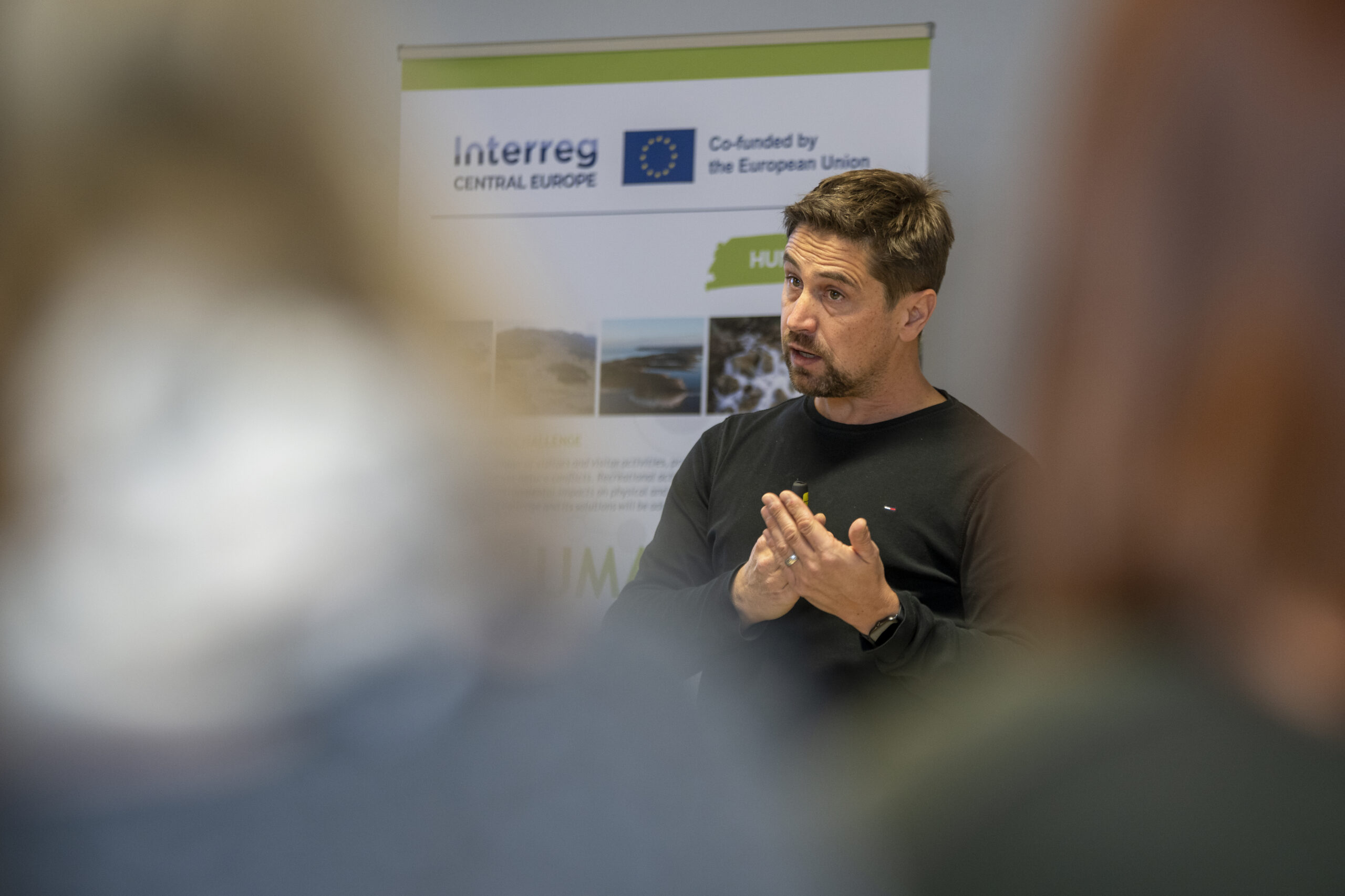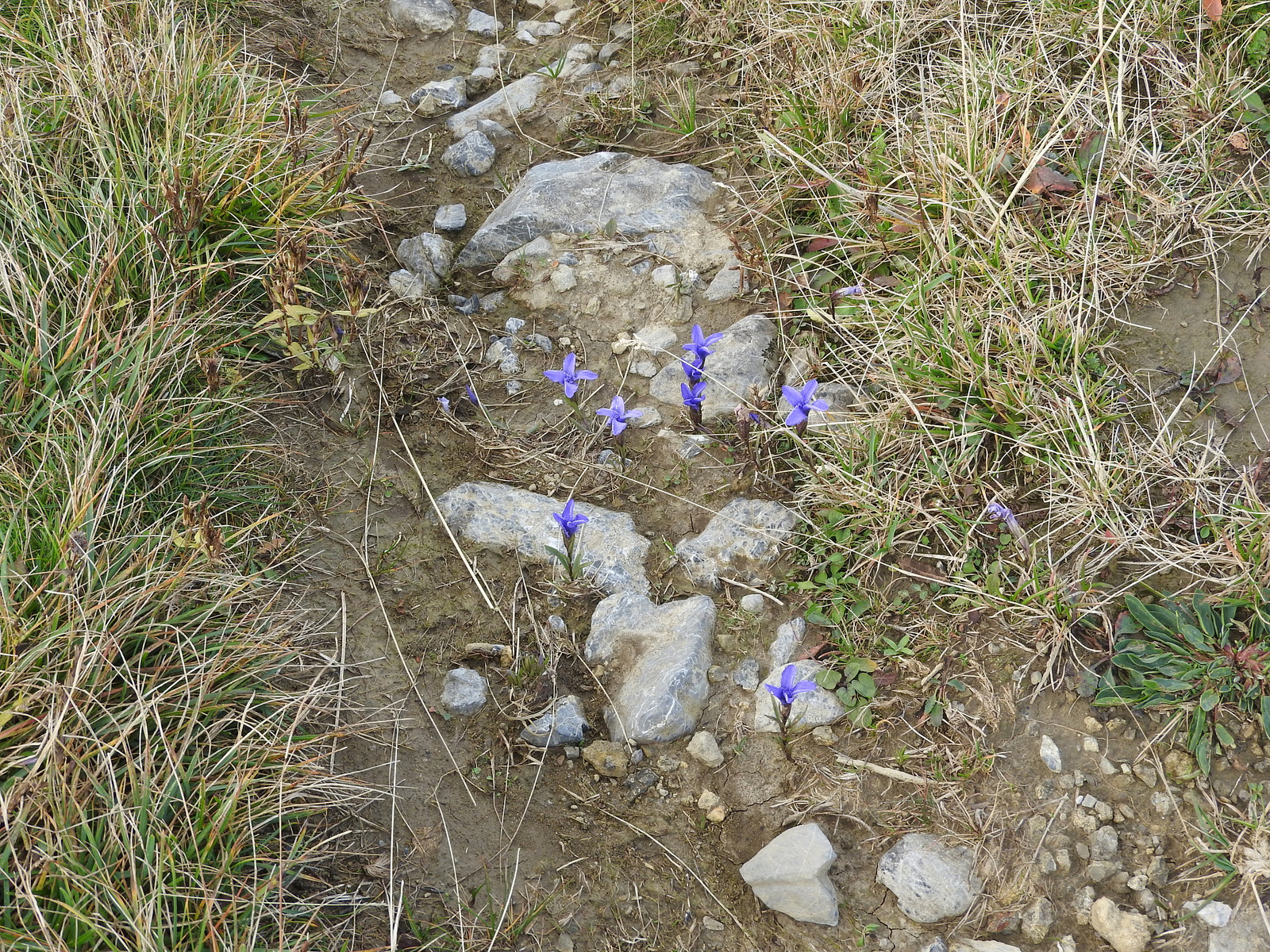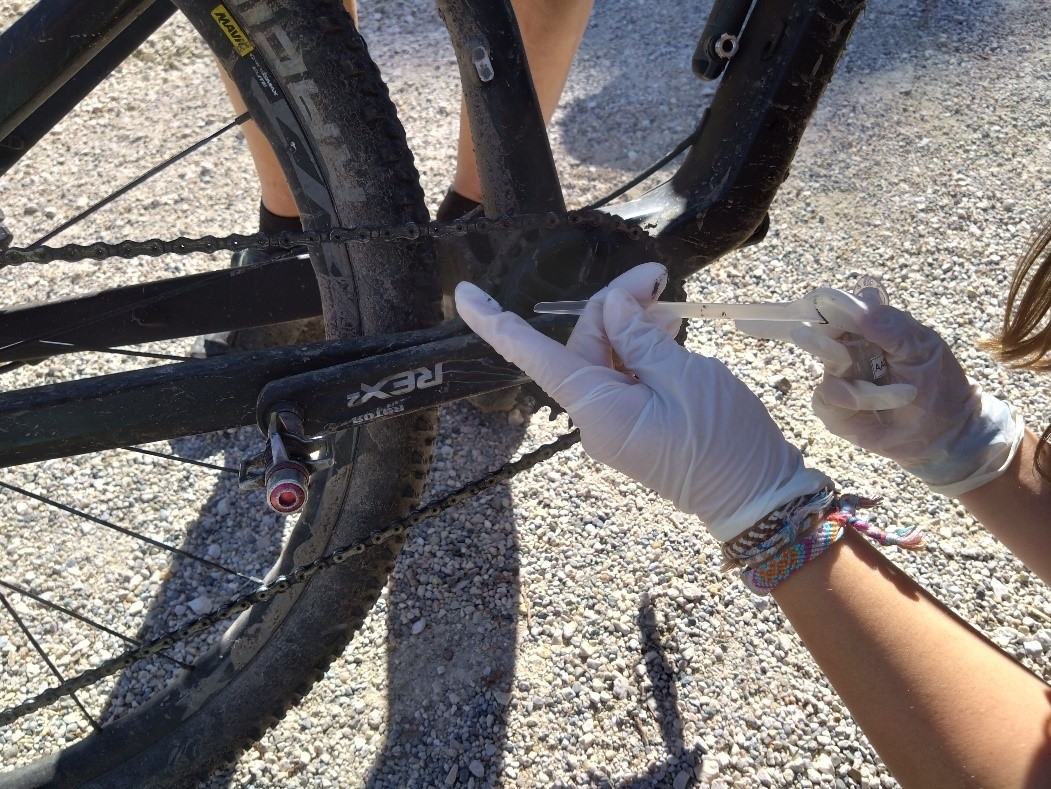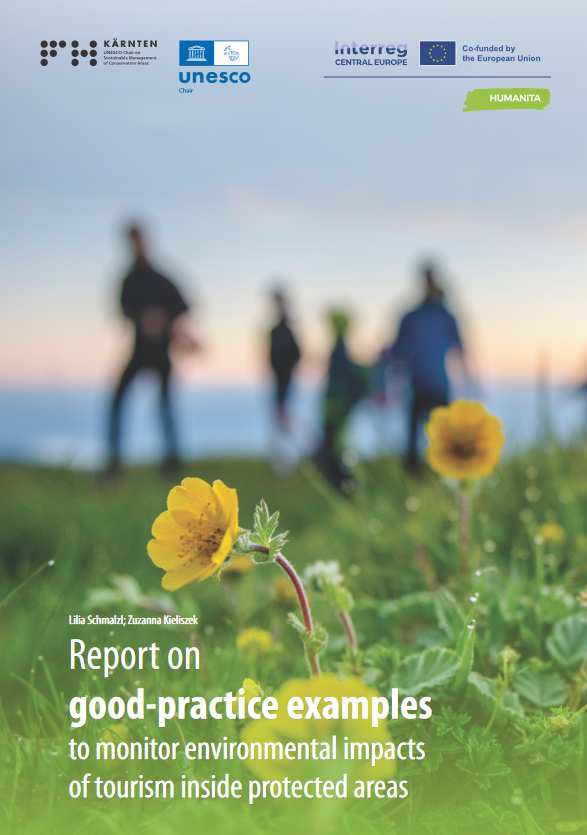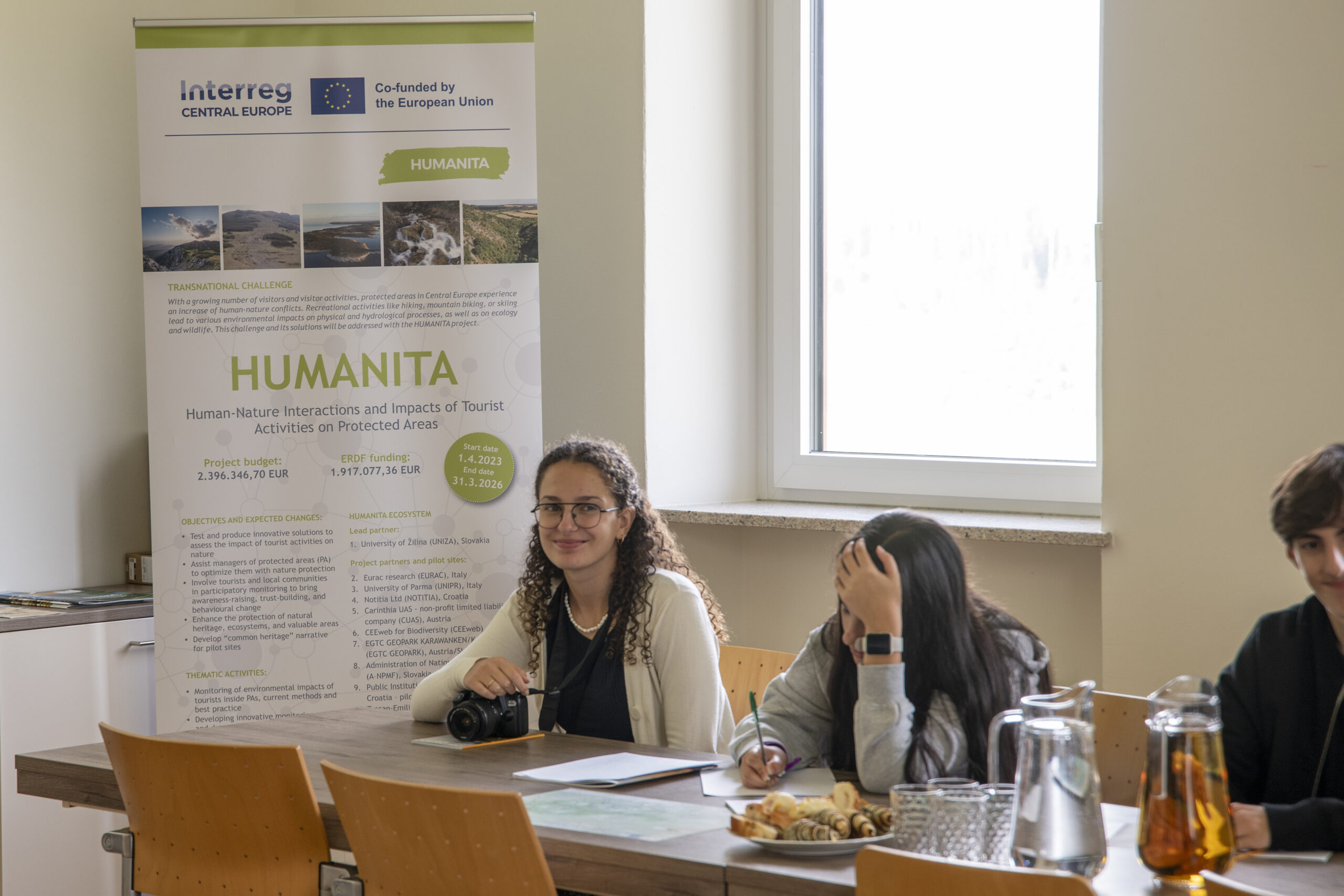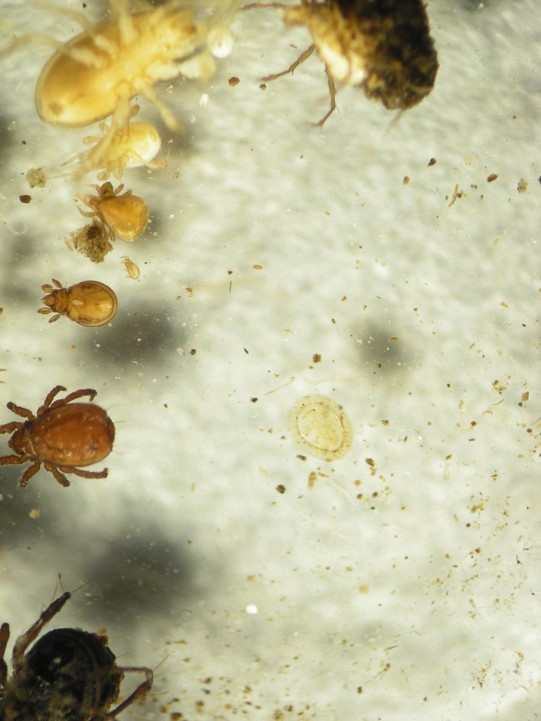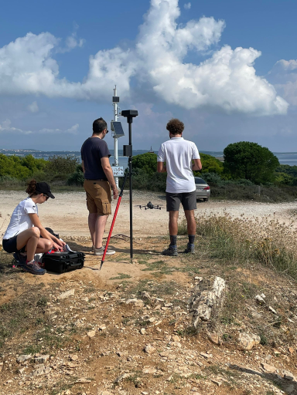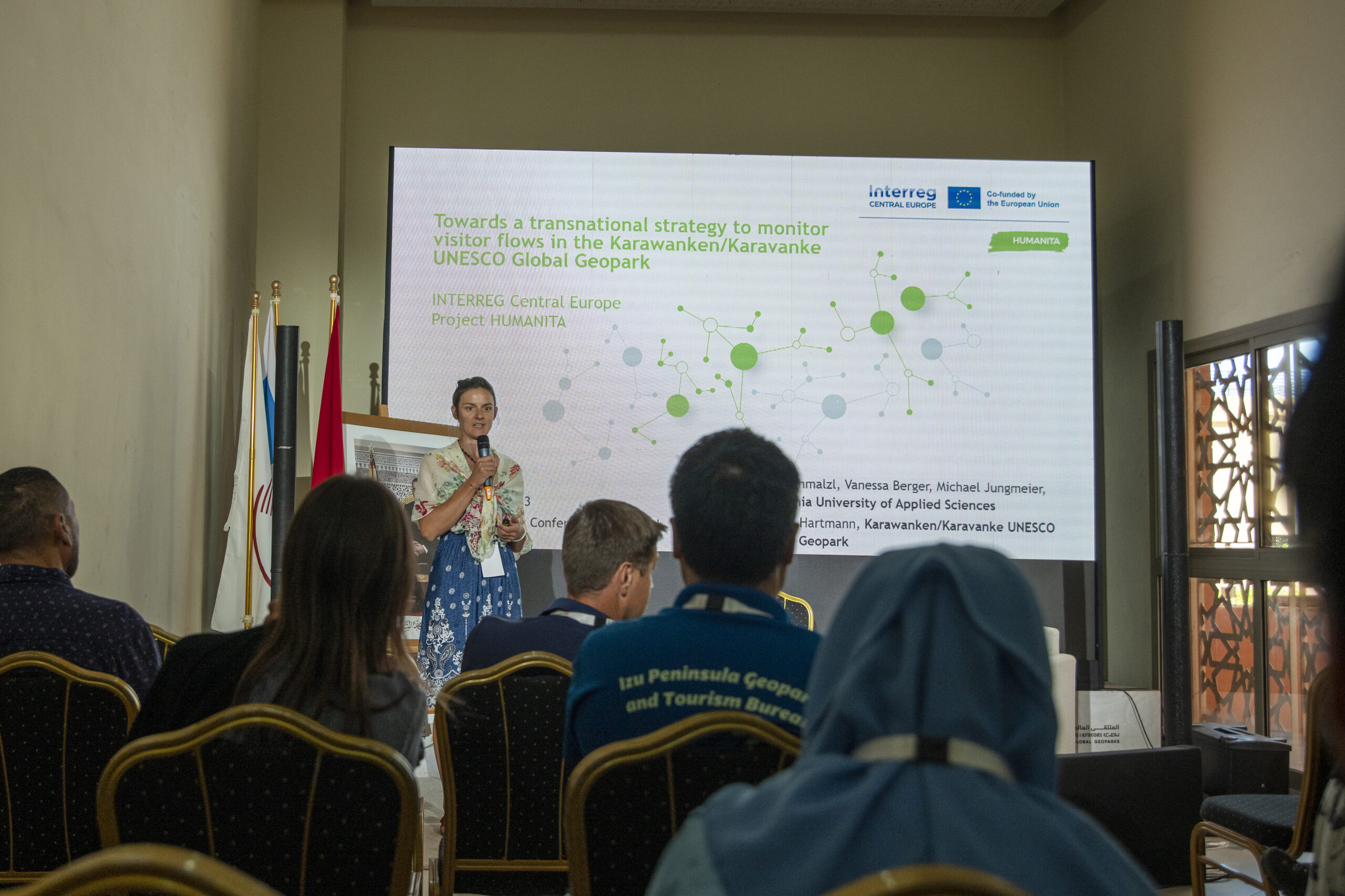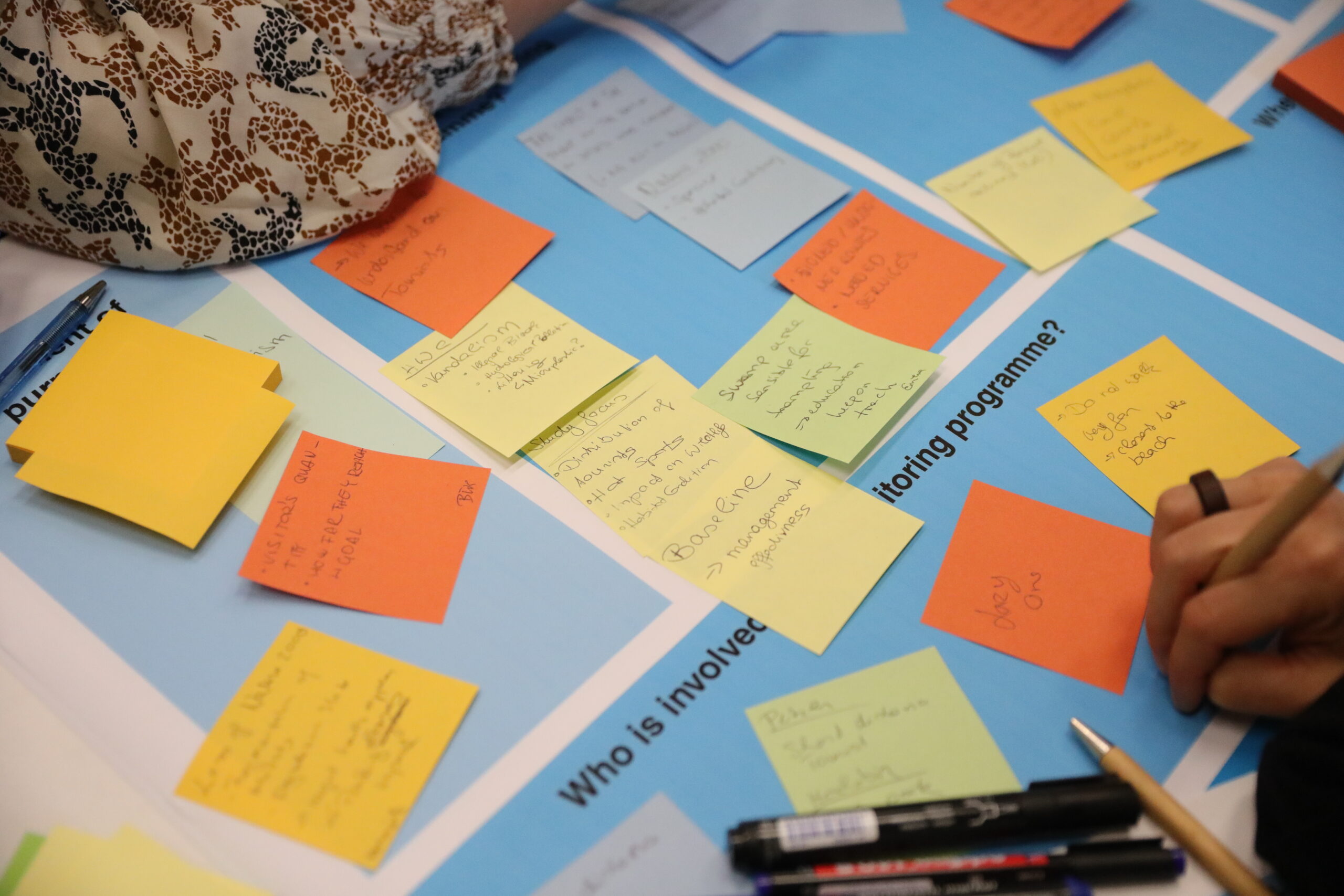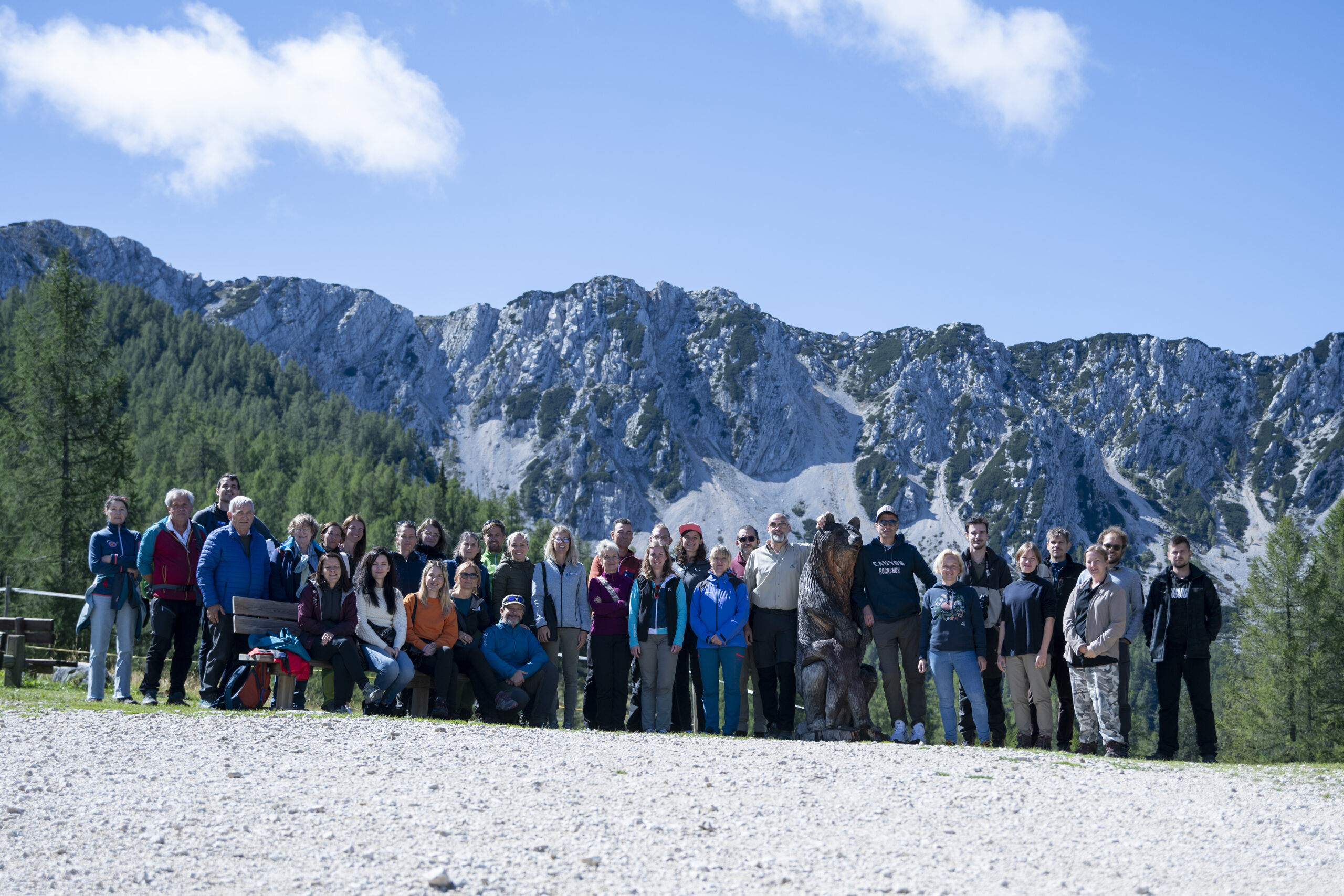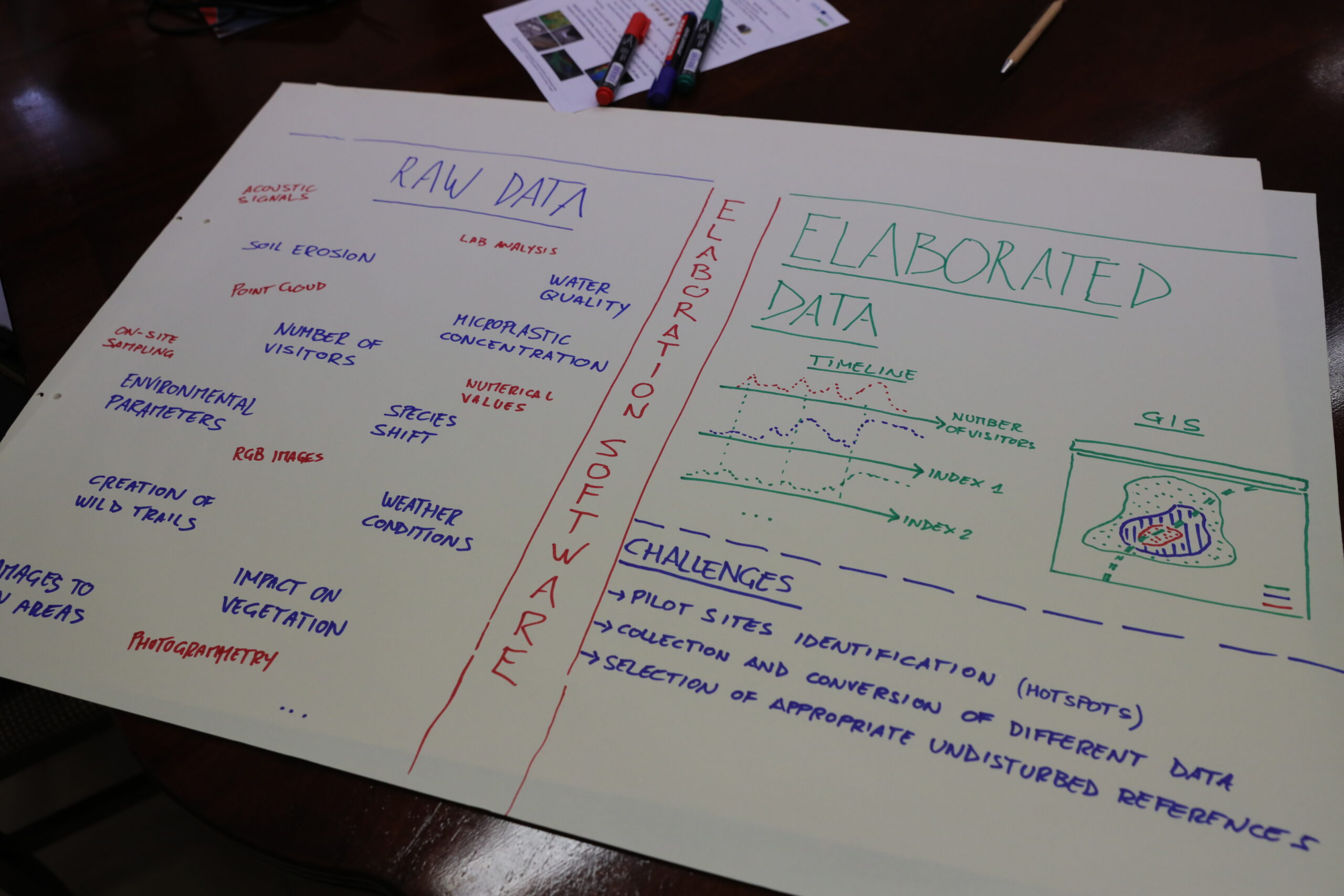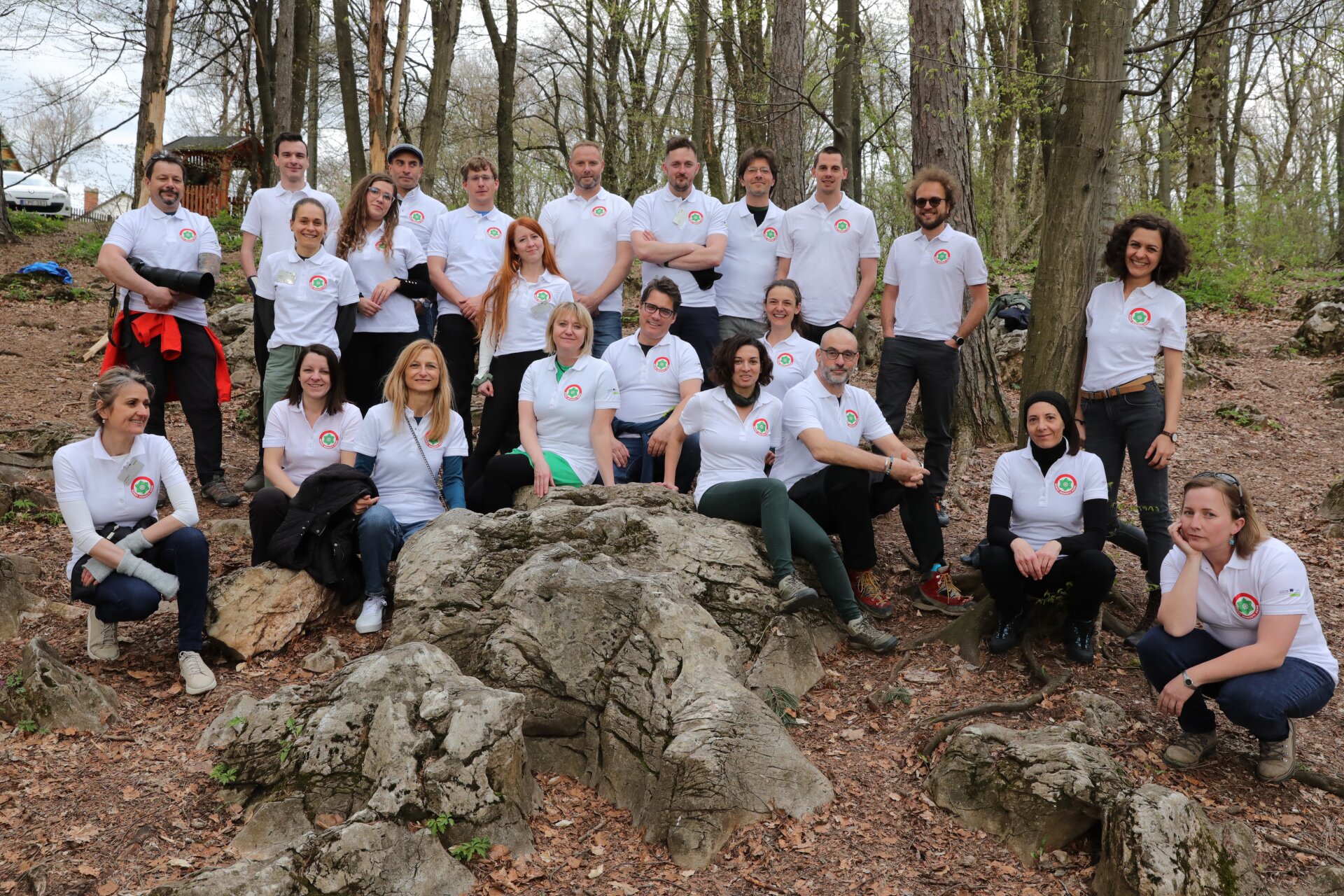Project overview
Human-Nature Interactions and Impacts of Tourist Activities on Protected Areas
Tourism in protected areas is a sensitive issue. It is sometimes hard to find the right balance between preserving these and opening them up to visitors. The HUMANITA project develops evidence-based and participatory management tools that allow regions to better monitor and evaluate the impact of tourism in protected areas. The partnership involves tourists and local communities in the development of their solutions, which helps to collect data, create more awareness and change behaviour.
-
2,36m €
-
Project Budget
-
80%
-
of the Budget is funded by ERDF
-
5
-
Countries
-
9
-
Regions
-
10
-
Partners
-
5
-
Pilots
Duration
Start date
End date
Project progress
About the project
Project partnership
Project partners

Lead partner
University of Žilina
Department of Geotechnics
01026 Žilina
Project partner
Institute for Regional Development
Engineering & IT
9135 Bad Eisenkappel/Železna Kapla
Project department
54013 Sassalbo di Fivizzano (MS)
Department of Project Management
Roadmap
Challenge
With a growing number of visitors and visitor activities, protected areas (PA) in Central Europe (CE) experience an increase in human-nature conflicts. Recreational activities like hiking, mountain biking, or skiing, lead to various environmental impacts on physical and hydrological processes, as well as on ecology and wildlife.
Key project message
A key project message is the importance of better managing visitors today so that tomorrow’s visitors can also experience quality sites, their conservation values, and the livelihood and well-being of local communities are supported as well.
Approach
HUMANITA focuses on the joint development of new complementary tools and methods of tourists’ impact assessment based on transnational exchanges of experiences to better evaluate environmental conditions and trends, take explicit managerial responses and actions, and develop information for national and EU policymakers, and the public. The project aims to assist PA managers in CE in evidence-based and participatory management (still insufficiently present in practice), helping them put the right measures in the right places, make smarter decisions, prevent negative impacts and human-nature conflicts, and reduce risk using an incremental approach.
Joint preparation of 5 pilot actions
Site-specific analyses at 5 pilot sites outline tourism impact-related problems to be addressed in pilot actions. Partners develop a common transnational monitoring strategy and select monitoring indicators for each pilot site taking into account their policies' relevance; analytical soundness; measurability, and practical usage, with a focus on comparability among countries and jointly developed solutions.
Solutions
Partners together develop and test innovative complementary monitoring methods at pilot sites to refine and deepen their ability to detect environmental/biotic/abiotic variables utilized in monitoring, including both, instrumental and methodological approaches. Jointly developed solutions assess the impact value of different types of tourist activities on nature, and therefore provide information for the detection of changes and trends in the condition of the environment, using artificial intelligence to evaluate mutual relationships and correlations from datasets for predictions.
Participatory monitoring
The involvement of tourists and local communities in project activities, including participatory monitoring not only produces new valuable data but also brings awareness-raising, trust-building, and behavioral change. For individuals, this is a learning activity, when they can critically analyze the world around them and identify practical actions to protect the environment.
Five local action plans
For each pilot site, an action plan is developed to monitor human impacts, further engage local people and tourists in monitoring and nature protection, and properly manage human-nature conflicts while respecting the local context and legal framework.
Transnational recommendations
Partners reflect existing narratives and together create new ones for the development of the ‘common heritage’ narrative and its ability to support policymaking. Jointly developed project outputs and final recommendations are shared among relevant stakeholders, and policy makers through accompanying communication activities.
Join us!
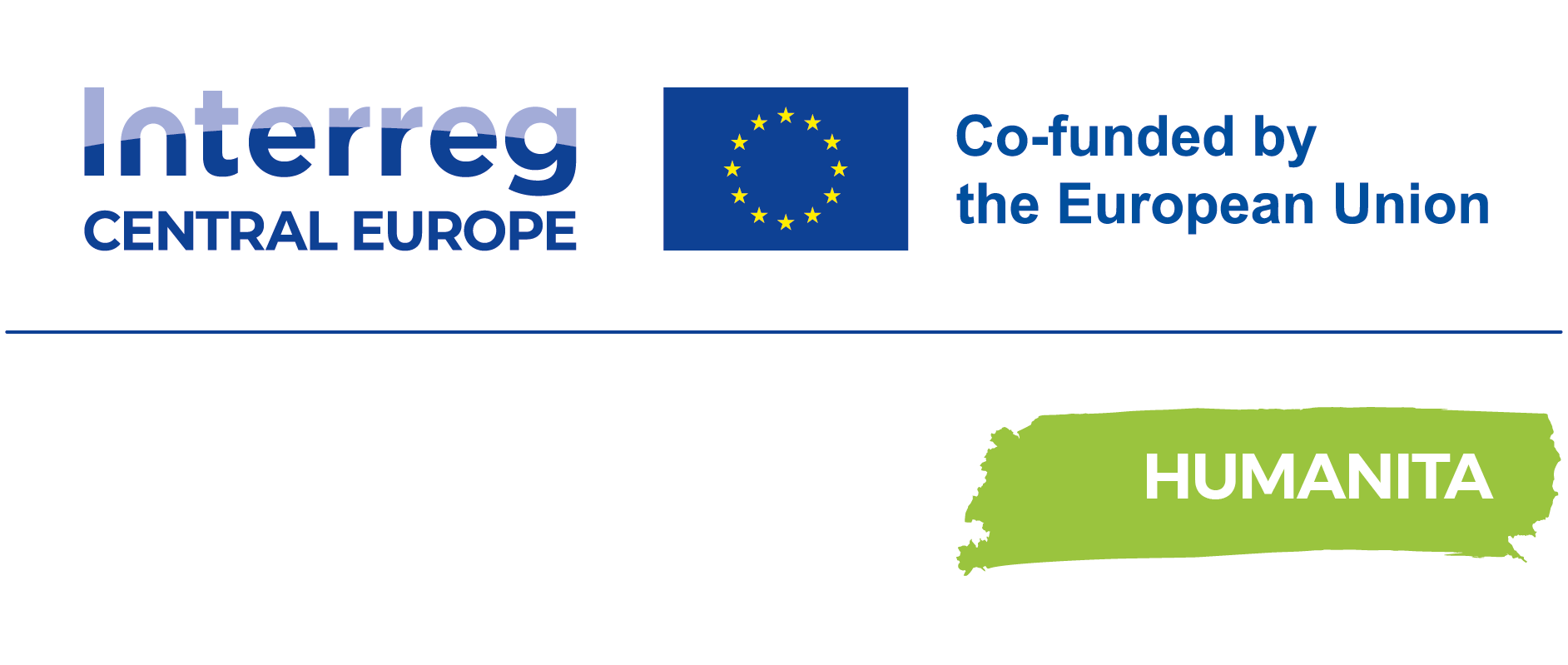
We invite you to join us on this road and jump with us into the sphere of research and development to create a better world, a healthier and protected environment, and a brighter future.
News
Events
Pilot actions
Outputs
O1.1. Jointly developed transnational monitoring strategy
O2.1. Jointly developed pilot actions testing new innovative monitoring methods and approaches
O2.2. Jointly developed solutions assessing the impact value of different types of tourist activities on nature
O3.1. Local action plans to monitor and resolve human-nature conflicts in pilot sites
Project videos
Project documents
HUMANITA presentation materials
HUMANITA newsletter 1
HUMANITA newsletter 2
HUMANITA research results
HUMANITA GREEN ACADEMY - Project overview
HUMANITA GREEN ACADEMY - Citizen Science tools_Training material
HUMANITA GREEN ACADEMY - Citizen Science activities in the pilot sites
HUMANITA
The project lead partner is responsible for the content of this project website.

